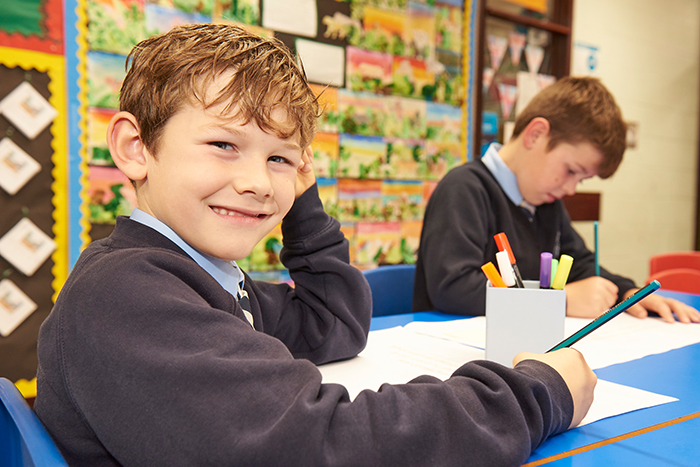Writing Statement
Intent
It is our intention at Naphill and Walters Ash School that children leave our setting with a secure command of written language so that they fluently convey their ideas and emotions. It is our intent that children develop effective transcription and composition by delivering meaningful written tasks that reflect our broad curriculum. Our school values feed directly into this through the encouragement of children to make links to previous learning, through planning, revision and effectively evaluating their written words. It is our intention that children are able to write clearly and coherently, whilst adapting their language and style for a range of purposes and audiences.

Implementation
The National Curriculum objectives for writing are reflected in long term and medium term planning. In all plans, carefully considered activities are well matched to the range of ability and to the progression identified in the programme of study.
At Naphill and Walters Ash School, writing within the English lesson is usually, although not solely, developed through the class engagement with a high quality, vocabulary rich, book. This book is studied in great depth to ensure the writing that develops from it is both meaningful and purposeful. In Reception and Key Stage One, key books are taught through the Talk 4 Writing approach, with children internalising the language structures needed to write through ‘talking the text’. The movement through each stage of this process – imitation to innovation to independent application can be adapted to suit the needs of all pupils and the approach moves from dependence towards independence. Our school values are prominent in every lesson. Children are encouraged to reflect on how published authors have been successful and on how they themselves can achieve written work of a high standard.
The teaching of writing includes learning about writing for different purposes and audiences, thus, enabling the children to write fluently in a variety of styles. Writing lessons also include the technical aspects of spelling, grammar and punctuation required by the National Curriculum. Application of writing skills is seen in all areas across the wider curriculum. Throughout the school the teaching of writing follows the writing process of planning, drafting, editing and improving, and finally publishing writing. This process is completed in conjunction with an understanding of the purpose and audience of the writing.
Phonics/Spellings – In KS1, phonics is taught daily in 30 minute sessions. Alongside this, pupils learn Common Exception words, which they are regularly tested on. In KS2, spelling is taught by spelling patterns using Rising Stars Spelling. High Frequency words and statutory word lists are regularly tested.
Grammar – Grammar is taught discretely as well as being embedded through the text being studied. This develops the children’s composition skills and focuses on sentence organisation, vocabulary and punctuation.
Child-initiated writing – In Reception children are given daily opportunities to write freely within a particular genre and across the curriculum. This gives them the opportunity to become emergent writers. Writing is also encouraged through child-initiated learning, which allows greater opportunities to write.
Handwriting – The school encourages a cursive handwriting script when the child demonstrates that they are ready for this. In EYFS, the teaching of handwriting is introduced using Read Write Inc rhymes during all phonic lessons. Handwriting is taught and reinforced regularly within children’s school books and also through discrete handwriting sessions in KS1 and interventions (where necessary) in KS2.
Marking – Work is marked and assessed in line with the Feedback and Marking Policy.
Impact
As a result, we have a community of enthusiastic writers. They enjoy showcasing their wide ranging skills, which they acquire through a progressive curriculum linked and developed closely to quality texts. Writing displays a clear understanding of purpose and audience and thus, pupils are able to manipulate their acquisition of vocabulary and grammar to create the desired effect. Focus on effective use of vocabulary, punctuation and grammar in lessons ensures that their writing reflects this. They are confident to take risks in their writing, and love to discuss and share their ideas.
Planning and teaching of writing follows the progressive skills curriculum, thus, ensuring that it meets the needs of all the pupils and that they attain the very best that they are capable of.
Writing is carefully assessed and moderated by teachers; it is part of whole staff development during INSET and staff meetings. The writing of children in Year 2 and Year 6 is teacher assessed against the Teacher Assessment Frameworks. Teachers know the standards required at the end of both Key Stages and use these to assess children in other year groups. The findings of the teacher assessments inform planning to help the teaching and learning process. Teachers assess writing half-termly to enable early intervention where a child is not achieving age related expectations.

